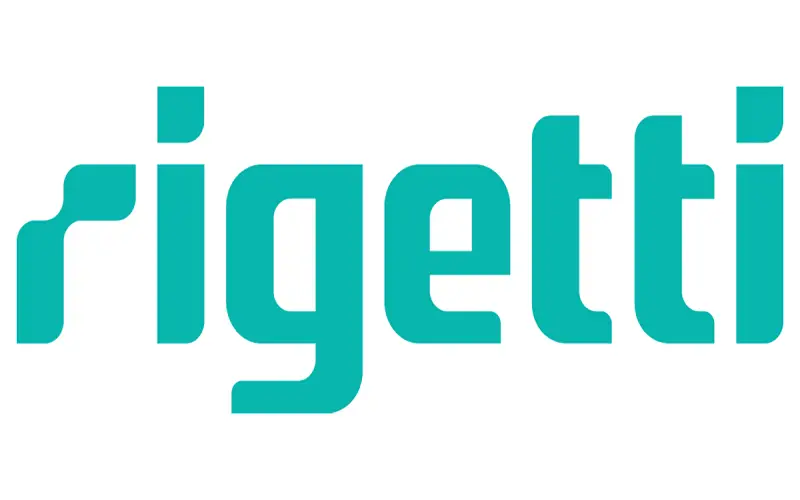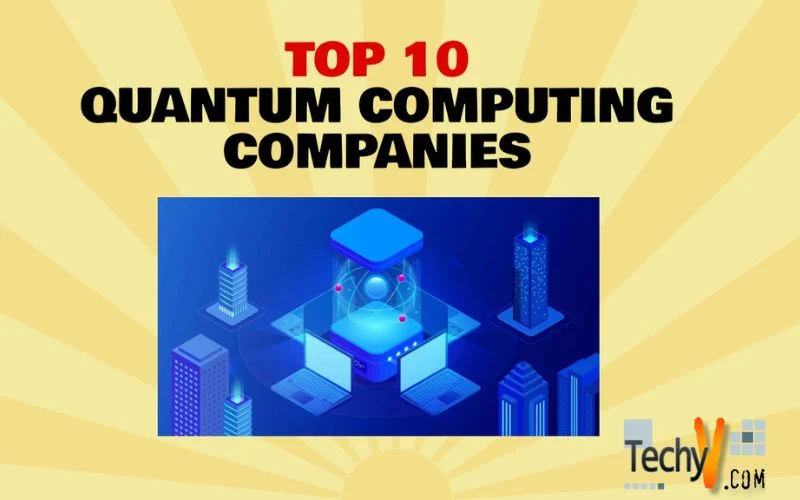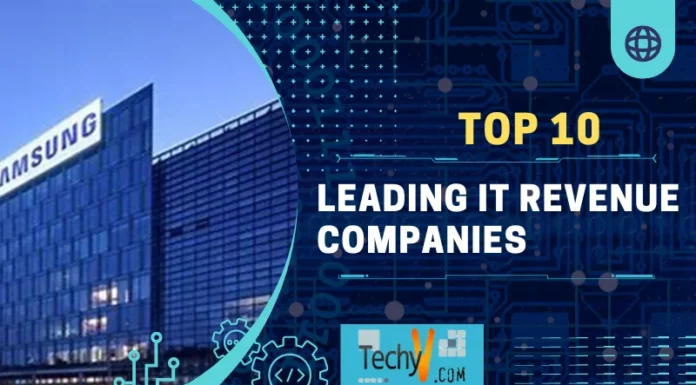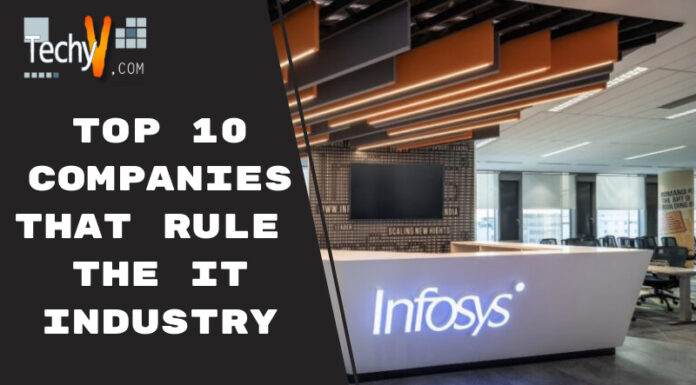A Classical computer uses binary bits to store data and conduct operations, utilizing ones and zeroes. Quantum computers operate on multi-state components known as qubits, which achieve the “superposition” of one and zero while also “entangling” in mixed states. In lay terms, it implies quantum computers can perform things that traditional computers can’t, like analyzing vast quantities of data quicker and modeling water molecules.
1. IBM
The IBM Quantum Composer and the IBM Quantum Lab create an online platform that provides public and premium access to IBM Quantum’s cloud-based quantum computing capabilities. It provides access to IBM’s prototype quantum processors, quantum computation lessons, and an interactive textbook. The service has over 20 devices, of which six are publicly available. The service performs algorithms and experiments, study tutorials, and simulations about what quantum computing might be capable of.

2. Google
Google Quantum AI is a market leader in full-stack quantum computing capabilities. It is pushing the boundaries of quantum computing and creating tools for researchers. The Quantum Artificial Intelligence Lab is a collaboration with Google, NASA, and the Universities Space Research Association, the nerve center for Google’s quantum efforts. Google software and hardware are geared to develop revolutionary quantum algorithms to aid the solution of near-term practical challenges. Cirq is a Python software library for writing, manipulating, and optimizing quantum circuits before running on quantum computers and simulators.

3. D-wave
D-Wave Quantum is a major quantum computing hardware and software emphasizing quantum annealing technology. The business acknowledged as a forerunner in developing quantum computing technology. The D-Wave Quantum Computer, the company’s main product, uses quantum annealing to solve complicated optimization issues like logistics, banking, and machine learning.
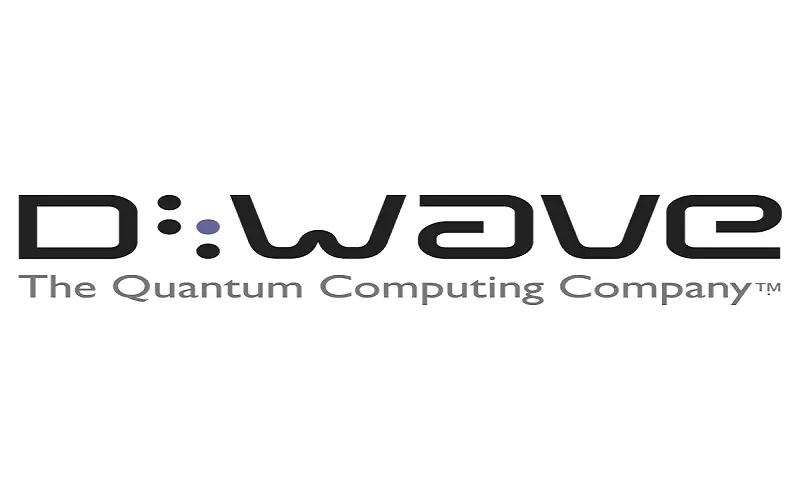
4. Microsoft
Microsoft is developing a unique, stable qubit and introducing a full-stack, fault-tolerant quantum processor to Azure to provide quantum at scale. Microsoft conducts basic quantum physics research to tackle society’s complicated problems. Microsoft contains all the components for a topological qubit, which is quicker, smaller, and more dependable than existing qubits. The Azure cloud platform provides businesses to access quantum capabilities without exorbitant prices and infrastructure requirements that are traditionally associated with them.

5. Amazon
Amazon Bracket is a managed quantum computing service to aid and accelerate scientific research and quantum computing software development. The AWS Braket service allows anyone to open an account, log in, and pay as you go using the quantum cloud service that leverages D-Wave’s quantum annealers, IonQ’s gate-based ion-trap processors, Rigetti Computing’s and Oxford Quantum Circuits’ gate-based superconducting processor offerings, and Xanadu’s gate-based photonic quantum computers. It is a hardware-agnostic developer framework that streamlines the process of building and running quantum algorithms, fully managed Jupyter notebooks, pre-built algorithms and tutorials, and a selection of simulation tools.

6. Intel
Intel Labs uses its experience in high-volume transistor production to create ‘hot’ silicon spin-qubits, which are significantly smaller computer units that function at greater temperatures. Second, the Horse Ridge II cryogenic quantum control chip allows for more precise integration. Third, the cryoprobe permits high-volume testing, which aids in the acceleration of commercialization. Intel is working on superconducting and spin qubits, while superconducting research restricted to the academic affiliations at Qutech.

7. Alibaba Group
Alibaba Group assisted Chinese firms in selling worldwide, in local consumer services, Cainiao, cloud, digital media, and entertainment activities. By 2036, the corporation hopes to serve 2 billion global consumers, help 10 million enterprises become successful, and generate 100 million employments. In 2018, Alibaba Cloud and the Chinese Academy of Sciences collaborated to produce an 11-qubit quantum open-source simulator-driven development tool. The application includes accurate modeling of quantum circuits and tensor network contraction.

8. Atos Quantum
Atos SE is an information technology service and consultancy firm focuses on big data and cybersecurity. The business is involved in the subject of quantum computing. The company created the Atos Quantum computing hardware platform comprises quantum simulators and a quantum annealer. The QLM simulates up to 40 qubits and supports quantum computing programming languages.

9. Toshiba
Toshiba’s Quantum Key Distribution program protects network connections using fundamental quantum physics rules. Since beginning research into quantum cryptography in 2003 at Toshiba Research Europe Limited’s Cambridge Research Laboratory, the company has achieved several notable world firsts including being the first to announce quantum key distribution over 100km of fiber in 2004 and with a continuous key rate exceeding 10 Mbit/second in 2017.

10. Rigetti
Rigetti Computing develops and installs superconducting qubit-based integrated quantum computing systems. Organizations can use these technologies to supplement existing computing operations with quantum computers. Rigetti provides proprietary software and full-stack solutions focusing on simulation, optimization, and machine learning applications to customers in banking, insurance, pharmaceuticals, defense, and energy. In 2019, Rigetti unveiled the public beta of their Quantum Cloud Services platform, dubbed the “first cloud service powered by quantum computing.”
